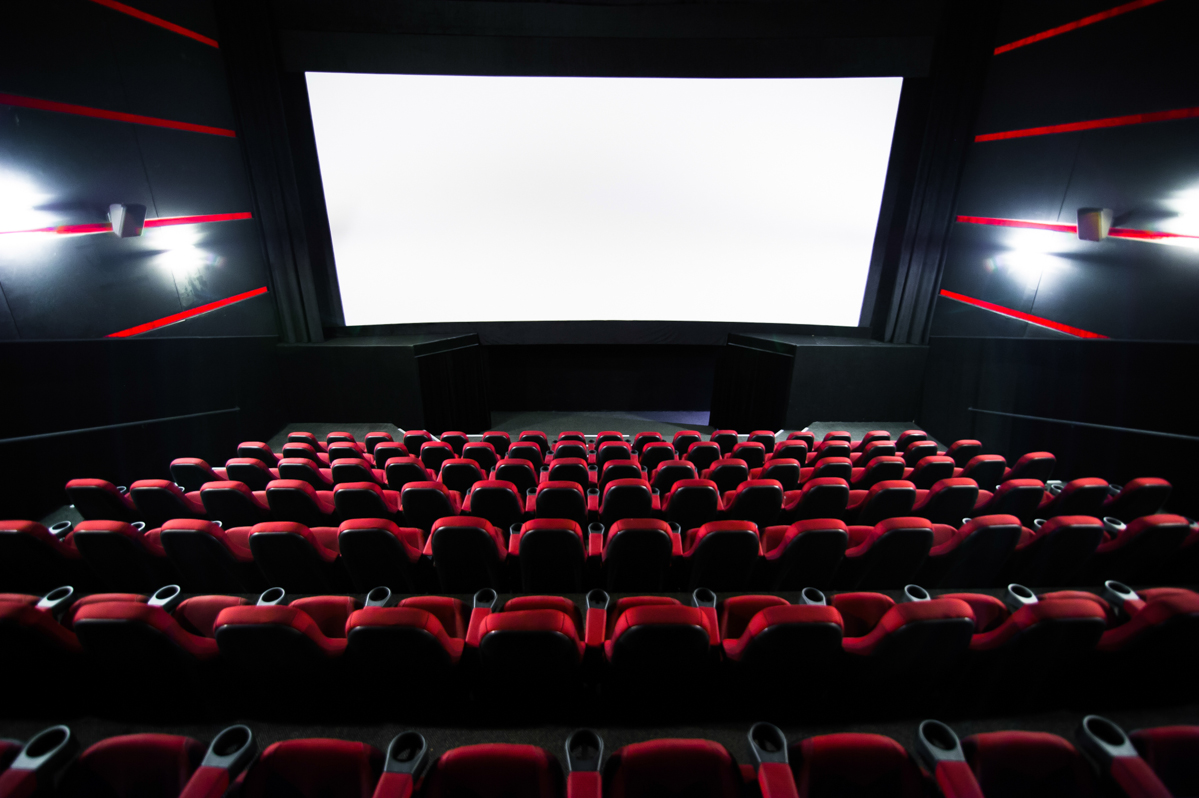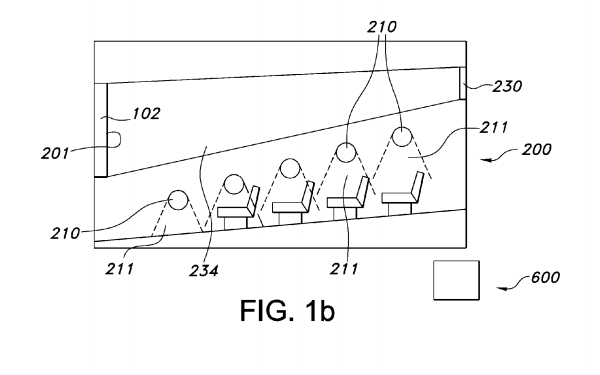Philips enters the fight against pirates in theaters, wanting to stop the practice of creating “screens”

For many years, “screens” have been a significant problem for copyright holders. There is no data on how much illegal copying of films in cinemas reduces the income of filmmakers. But the copyright holders claim that they suffer huge losses due to illegal copies of films made by visitors when watching a new film (the Chinese are now especially active in this regard, where the control over cinema halls is not as strict as in Europe or the USA). For this reason, an active struggle is being waged against “pirates” in cinemas. In order to detect an intruder in time, movie theater owners use different methods. These are night vision goggles for employees, infrared sensors, and other ways to identify the person who is recording the “screen”.
But the struggle has been going on for a long time, but a little sense. Of course, the quality of most films recorded in movie theaters is hardly acceptable. Poor recording quality, trembling, extraneous noise - all this makes pirate copies of this kind poorly suited for comfortable viewing and enjoying the picture. But if you have been waiting for a movie for a long time, you don’t want to go to the cinema, it will not be available soon, then you can survive all these troubles. Almost immediately after the film appears in cinemas, copies of it, albeit substandard, appear on the torrents in the public domain. There are a lot of eager movie fans who are ready to watch “screens”. And this annoys filmmakers who are reluctant to lose sight of potential buyers.
The other day about a new way to deal with those who record films in movie theaters, Philips said. She suggests using a special kind of backlight that can prevent “operators” from recording everything that happens on the screen. Many large companies became interested in this idea, since making illegal copies of films is considered
Philips has now filed a patent application, which is directly related to the new method of dealing with “screens”. The developers claim that this method will radically reduce the number of illegal copies of films recorded in the cinema.
“The major movie studios are losing large amounts due to pirates. The global film industry, including distributors, movie theaters, retail and online stores, is losing billions of dollars each year, ”the application said. The company also claims that modern methods of dealing with movie pirates, including tags and watermark, are effective because they allow you to track the path of the screen to the particular movie theater where the copy was made. But this is only a preventive measure that cannot prevent the recording itself. The source of pirated content is good, but it would be better if it weren’t at all.
The backlight, according to the company, will allowruin the pirates record. To do this, it is planned to use a cunning system where the light source will flicker with a certain frequency (without disturbing the audience). This flicker will make copies virtually inaccessible. “The solution proposed in the application is the flickering of visible light coming from an additional light source with a certain frequency during the demonstration of the picture in the cinema hall,” the application says.

If the flicker frequency is selected correctly, then the cameras (most of the models used by pirates) will not be able to record correctly. So, streaks of light will pass through all frames. Well, such a “movie” is unlikely anyone will watch even if they really want to.
According to the authors of the idea, they decided to use the principle embodied in the technology of screen illumination of conventional TVs. In many models (including Philips), this backlight works when showing a movie or TV show. Moreover, not only the brightness of the backlight changes, but also the flicker frequency, which makes the viewing more comfortable in the case of a TV.
In the movie, for viewers, this way of protecting content will be almost invisible. But for the camera lens, this is critical interference.
So far, the creators of screen copies of films can sleep peacefully - the patent application is not yet a ready-made technology. Philips has not yet said anything about when its development can be implemented and put on a commercial footing. But most likely, the "pirates" will still find a way to make a copy of the film and with a backlit screen in a movie theater. Indeed, despite the evolution of the content protection system in cinema, “screens” continue to appear with enviable regularity.
